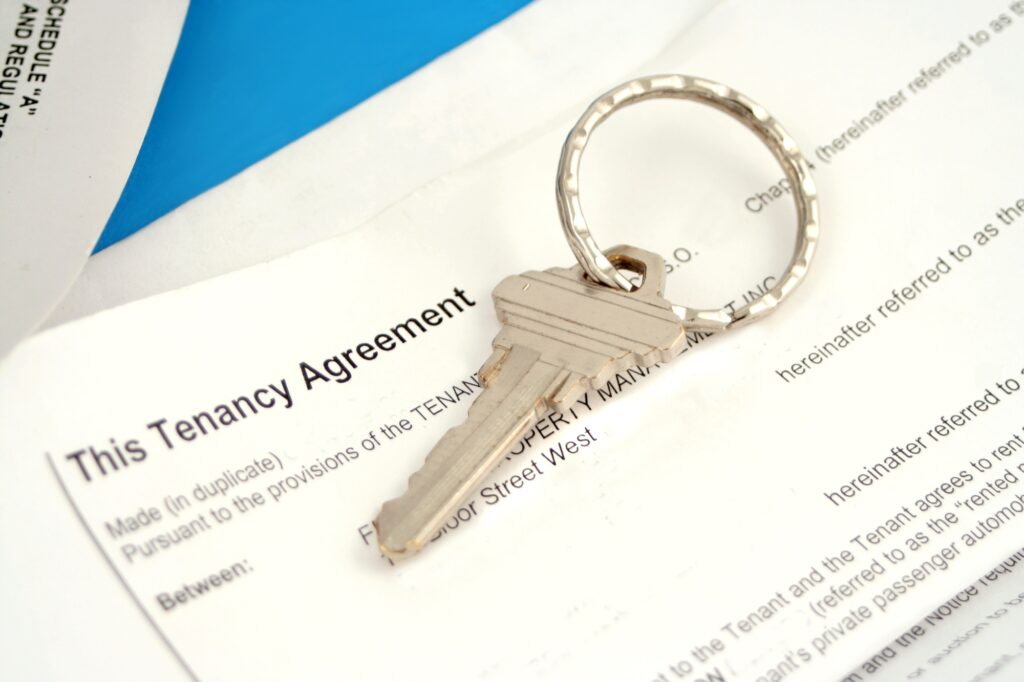Tenants have rights, too.
Most people, at some point, have rented a property or dwelling to live in. Tenants often feel as if the laws are unfair and there is no recourse for unfavorable living conditions. However, landlords are not the only parties with rights in a situation involving a rental property. A reading of Sections 83.51 and 83.56 of the Florida Statutes will reveal the landlord’s responsibilities and the tenant’s rights if a landlord fails to abide by the statute or with material portions of a lease.
A Landlord should comply with all “applicable building, housing, and health codes. . . .” However, even if there are no building, housing, or health codes, the landlord may still have certain statutorily imposed responsibilities. For example, a landlord may be responsible for the extermination of rodents and insects. The lease between the tenant and the landlord may also impose a landlord’s duties.
What happens if there’s a breach?
So, what are a tenant’s options if a landlord breaches his or her duties? Well, per Section 83.51 and 83.56 of the Florida Statutes, there may be several remedies available to tenants. A tenant may be able to withhold rent temporarily, abate or reduce the amount of rent paid, and use it to cover the expenses caused by any breach or terminate the lease altogether. The tenant’s rights would depend on the specific circumstances of the situation. Regardless of the remedy available to the tenant, the procedure is essentially the same. Notice is generally the key. A landlord must first be given notice of the condition of which the tenant is complaining. The notice should allow the landlord at least seven days to address and correct the issue. The notice should also inform the landlord of the action the tenant is prepared to take should the landlord not correct the issue, whether it be withheld rent, paying partial rent and covering damages with the rest, or terminating the lease and vacating the premises.
First, it is important to know which building, housing, or health codes control, if any. It is also important to look at the lease itself. Though there are certain responsibilities that cannot be contracted around, a landlord can excuse himself of some of his or her duties by virtue of contract. The type of property or dwelling a tenant lives in is also important. A landlord’s duties may not be the same depending on the type of dwelling, such as a mobile home. Also, a tenant must ensure that the issue is caused by the landlord’s breach of duties and not some action or inaction of the tenant.
Talk to an attorney
As with all legal issues, it is best to consult a lawyer before taking action. A lawyer can advise you in regards to whether a landlord has likely breached his duties and what remedies are available to you. Most importantly, a lawyer can make sure a tenant follows the proper procedure when dealing with an issue with a landlord. If the proper procedure is not followed, it could result in an eviction of the tenant. If you believe that your landlord may be in breach of his duties and would like to know what actions you may take, contact an attorney at Smith & Eulo Law firm to discuss your possible options.
If you or your loved one are in need of information on Tenants Rights, call us at 407-930-8912 to speak with a qualified legal professional or fill out the contact form on this page. We’re available 24/7, we offer free initial consultation and payment plans. In addition to our Orlando location, we have offices in the following cities across the state of Florida:
- Daytona Beach
- Kissimmee
- Melbourne
- Lakeland
- Ocala
- Tampa
- Fort Myers
- Sanford
- Miami
- Jacksonville
- Fort Lauderdale
- Sarasota
- Clearwater
*Additional Orlando Florida & Orange County Legal Resources
